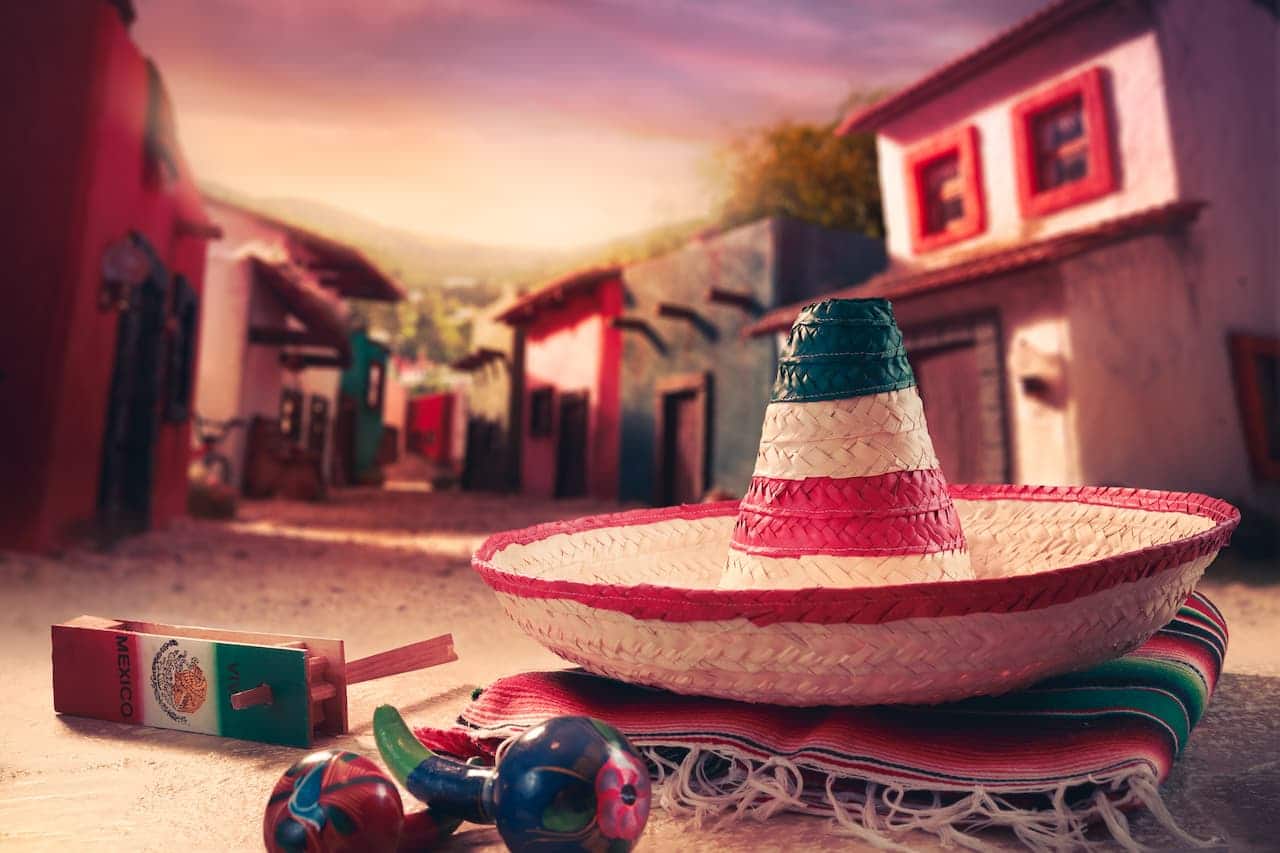Sign Up For Our Newsletter
The True Meaning of Cinco de Mayo

Cinco de Mayo is almost here, and for many Americans, that means tacos and discount margaritas. Surprisingly, the holiday is more celebrated in the U.S. than in its home country of Mexico, where it’s not even a federal holiday. How did this come to be, and was the day always just an excuse to enjoy good Mexican food?
Contrary to popular belief, Cinco de Mayo is not Mexico’s Independence Day. That holiday falls on Sept. 16. Instead, Cinco de Mayo marks the anniversary of a specific battle during the French-Mexican War. The Battle of Puebla took place a year after France invaded Mexico and attempted to colonize the nation.
After forcing the Mexican government into exile, the French continued their war campaign throughout the country, and on May 5, 1862, set out to attack the city of Puebla de Los Angeles. It was a small town, and with the French troops 6,000 strong, victory should have been swift. But Mexican General Ignacio Zaragoza quickly gathered an impromptu army of 2,000 and fortified the town. Against the odds, the Mexican fighters won, killing 500 French and losing only 100 of their own.
It took five more years for France to withdraw its troops from Mexico. But while the Battle of Puebla was not a major tactical win, the success of a ragtag group of untrained Mexican soldiers against the well-armed French served as a morale boost. The resistance strengthened, and more citizens became willing to fight. Cinco de Mayo was meaningful because of what it symbolized — the ability to overcome the odds and the resiliency of the Mexican spirit.
Cinco de Mayo celebrations began the year after the battle and slowly spread. While Puebla was the primary location to celebrate on the Mexican side of the border, newly minted Americans in the southwestern states identified with its victory. Though they had become citizens in 1848, they quickly saw that they did not have the same rights as white Americans. Cinco de Mayo represented resistance in the face of oppression, a sentiment that strengthened in the 1960s.
Thanks to cross-pollinating cultures and commercialization, modern American celebrations barely resemble those in Mexico. This year, enjoy your free guacamole. But take a moment to remember that you owe it to brave freedom fighters.
GA Injury Advocates
Latest posts by GA Injury Advocates (see all)
- Focus on the Road: Don’t Text and Drive. Stay Safe and Drive Smart - December 29, 2023

